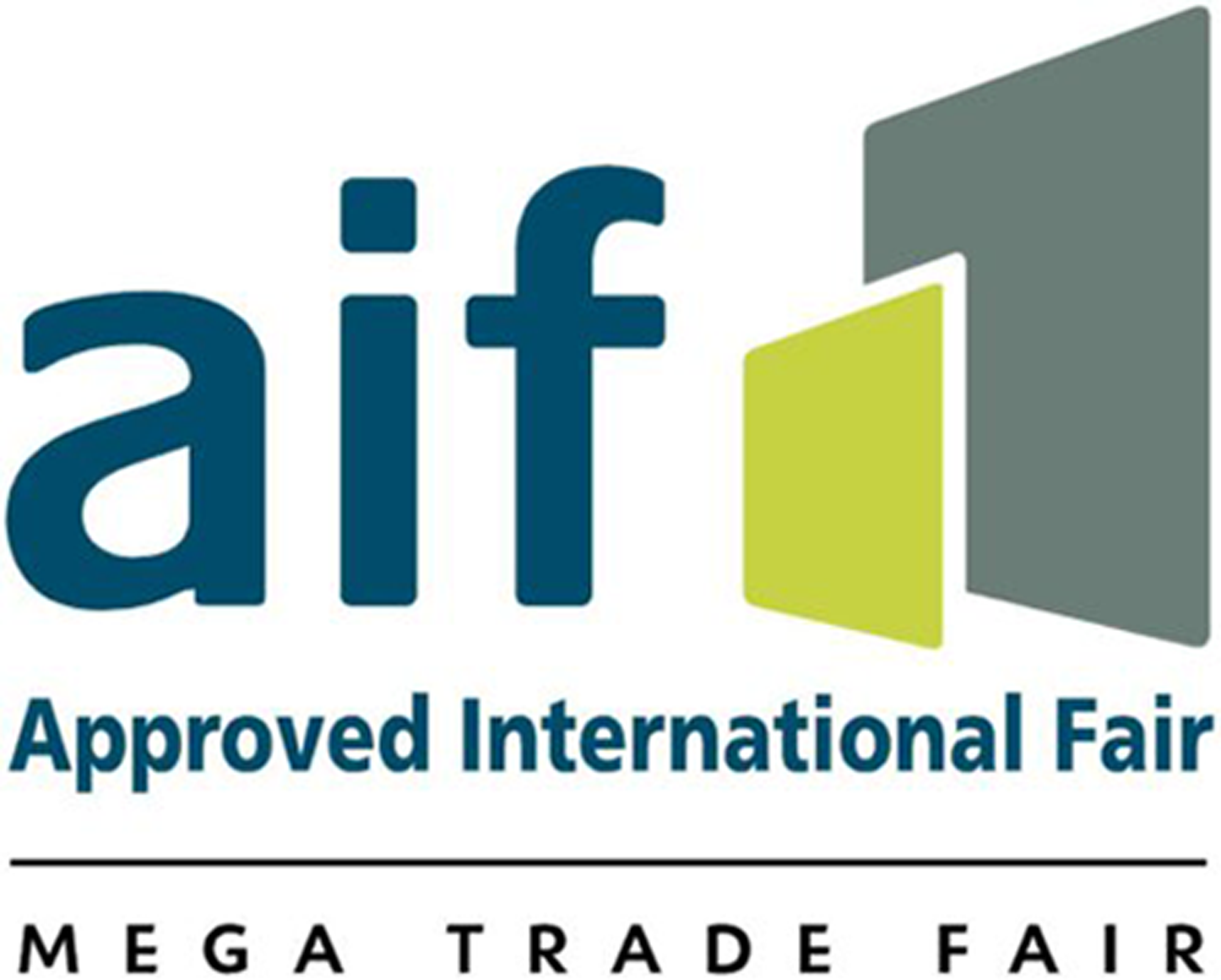F&B means food & beverage, and it holds a huge significance in the hospitality industry. Food and beverage are not just about serving unique dishes. It is about crafting unforgettable guest experiences that leave taste buds tingling and heart’s content.
For a guest vacationing at a luxury resort or a hotel, the dining experience matters the most. This means if the food and beverage department’s responsibilities are not up to the mark, they taint your guest’s experience.
As a hotelier or an F&B industry manager, this only means one thing. Efficient management of hotel food and beverage services is the secret to taking a hotel’s experience to the next level.
The hospitality industry is a dynamic field where customer experiences reign. From a delicious breakfast spread to start the day to a delectable fine dining experience, your food and beverage can transform a guest’s experience.
Join us as we explore the ins and outs of effectively managing food and beverage operations and understand the importance of food and beverage service in your hotel.
This blog will serve as a comprehensive guide to F&B operations and give you valuable insights into enhancing the guest experience through innovation and sustainability.
Step 1 – Menu Planning and Design

The first thing a guest dining at your hotel looks at is the menu. So how should you be strategizing the hotel’s food and beverage menu?
Let’s begin by talking about designing and planning a menu.
A menu is not just a list of dishes. It serves as the heart of your hotel’s food and beverage services and requires a good understanding of the culinary arts and business.
But before you think about crafting a menu, you need to know your guests very well.
Are your guests experimental foodies, or are they inclined toward comfort food? Which cuisine is your guest’s preference?
Understanding the customer’s taste buds is essential in curating a menu.
If you give your guests a boring, regular menu, they are less likely to leave positive reviews. That is where crafting a diverse culinary experience comes in. From appetizers to entrees to desserts, your menu should be a journey of flavors, showcasing your chef’s culinary skills.
Your menu should align with your hotel’s concept and ambiance. If you are a luxury resort, your menu should boast of exquisite and fine dishes. If you are a trendy, hip cafe, your menu must be adventurous and must serve creative dishes to appease your clientele.
However, while serving the finest dishes, one must also be careful of cost-effectiveness. Your culinary and hospitality team must collaborate to source ingredients and deliver good portion sizes and taste while minimizing cost and wastage.
Menu planning and design require a strategic approach. Keep it interesting by incorporating seasonal ingredients and produce. Most importantly, stay up to date with the latest food trends like the farm-to-table concept and keep your guests interested in returning for more.
Step 2 – Procurement and Supplier Management

The trick to getting your dish right is to source the finest quality ingredients. Food quality is dependent on ingredients, and they must come from reputable suppliers.
Whether it is organic vegetables or procuring the finest cuts of meat and seafood, you need a network of trusted suppliers.
Once you find premium quality ingredients, the next step is to master supply chain management. This requires you to have an efficient system that documents the ingredients which are running low on stock.
You should keep just the right amount of ingredients to monitor customer patterns and seasonal demand and supply. Overstocking leads to wastage, and understocking leads to shortages. Thus, smooth inventory management governs the hotel’s F&B management skills.
As a hotelier, your networking with vendors is crucial. These are long-standing partnerships that you should maintain to help you source the best ingredients.
Your suppliers must understand your hotel’s concept and vision. Thus, providing them with regular feedback and visiting their facilities is necessary to strengthen these bonds.
We recommend you only deal with wholesale suppliers who offer smooth logistics. Punctual deliveries are necessary to make sure you receive fresh ingredients. This helps your chefs deliver dishes on time.
Another important aspect is ensuring the quality of food and beverage in the hospitality industry and keeping it consistent.
This is key in making your guests return for a unique experience. For this, you need regular inspections, quality control, and taste tests of supplies are important.
You must remember that the quality of ingredients and the efficiency of management go hand in hand. Keeping the kitchen running requires the correct supply chain system and strong relations with trustworthy vendors.
Step 3 – Service Staff Training and Development

You may be striving for perfection in the hospitality industry, but how do you keep your customers satisfied in case of a lack of your service?
Hotels known for delivering exceptional experiences have very reliable customer service.
This means that trained service staff will always know how to deal with difficult customers or situations.
From the moment your guests walk into the dining hall, your service and support staff are the front-line workers who can create a memorable experience. That is why training your service staff is an investment in your business.
Walking into a hotel restaurant where the staff greets the guests warmly, anticipates their needs, guides them through the menu, and recommends dishes according to their preferences makes the difference. This automatically shows that you care about your guests.
This means you should begin the training by educating your staff about product knowledge. They should be well aware of the items your restaurant offers. A well-educated staff member can provide guests with detailed ingredients, cooking methods, and nutritional information.
For example, if a guest has dietary restrictions, your service staff can go the extra mile by recommending a replacement and making sure that the food is free from the ingredient.
A small gesture like this will speak volumes of your hospitality and earn you loyal customers.
Next, work on fostering a guest-centric approach amongst your staff members. In the hospitality industry, it means making the guest experience the epicenter of your establishment. You can do this by emphasizing learning more about your guests.
This approach transforms service staff from mere attendants to connoisseurs of hospitality. Since service staff is not just about meeting guests’ expectations, you make them feel valued by acting upon their feedback.
Invest in your team, hone their skills, and watch them serve magic, one memorable dining experience at a time!
Step 4 – Food Safety and Hygiene Standards
Next, we will discuss the crucial aspects of hotel food and beverage management, safety, and hygiene.
Every food business is required to abide by the implementation of HACCP principles, with proper ingredient handling and regular health inspections to ensure compliance with health regulations.
One of the biggest responsibilities of a hotel manager to their guests is maintaining food safety and hygiene. You do not want your guests to experience the aftermath of a foodborne illness.
Hence, keeping your kitchens, cutlery, hotel restaurants, and storage areas clean is necessary.
The HACCP principles, Hazard Analysis Critical Control Points, are a robust system designed to identify and prevent hazards in food production. This will sound complicated but trust us; it will save your hospitality business.
This requires you first carefully monitor your food preparation process. Identify the critical control points in your food preparation process.
From the source of ingredients to the cooking process, up to the plating of the food, you have to implement preventative measures to ensure hygiene.
A key ingredient for your success is the proper handling of ingredients. Treat your fresh produce and meat by following strict transport, storage, and handling guidelines. Your ingredients must be free of any kind of dirt and contamination for a safe culinary experience.
Furthermore, health inspections must be an opportunity to showcase your commitment to food safety and hygiene. This requires you to have everything in order, maintain cleanliness, and follow health and safety regulations.
Food safety is a team effort. Therefore, staff must be given proper training to combat foodborne diseases. They must sanitize and clean, cook proteins at the right temperatures and properly dispose of waste so your guests can indulge without worry.
Remember that proper food safety and hygiene reflect your brand’s care and respect for your guests.
Step 5 – Revenue Management and Cost Control
The art of managing hotel food and beverage services centers around the balance between revenue and costs. Revenue management and cost control strategies help keep your food and beverage operations running extremely smoothly.
Guests visiting your hotel are most excited about the ambiance of the place and the unique dishes your menu offers. This translates to maximizing profits with smart menu management.
As talked about menu designing earlier, a well-crafted menu should be a balance between dishes that make your guests feel at home while also challenging them to try new cuisines.
This is where menu engineering comes into play. Before getting into the details, you need to keep three key aspects in mind. These are the popularity of the dish in comparison to similar items, pricing, and profits.
Carefully analyze your menu and identify the customers’ favourite dishes and trending items. You can promote these under must-have dishes or chef’s specials on your menu. This allows you to generate maximum revenue while ensuring that your guests return for their most loved items.
This brings us to the next component of menu engineering, deciding the prices of the items on the menu. Before you put a price tag, make sure that you understand the value of your product.
You must consider factors like ingredients costs, market demand, and client base. Price optimization is an art. The price must not only cover the ingredient costs but should also give you healthy profit margins to bear your overhead expenses.
When guests visit a hotel’s restaurant and have a good meal, where the quality, quantity, and taste are all worth the money, they will choose you over your competitors. This puts you ahead of the competition in the hospitality industry.
Another way to maximize the hotel’s revenue is by being careful about waste. This includes closely monitoring the inventory and repurposing ingredients according to seasonal trends and client preferences. This saves you from stocking up on ingredients that go stale quickly.
Smart hotel management will always keep an eye on the portion sizes served to the guests. While being generous with the serving size speaks of the hotel’s hospitality, you do not want the leftover food to be wasted. This is also necessary to ensure that you offer the right quantity for the price.
Thus, reducing waste is not only an environmental goal but also necessary for cost reduction. Being resourceful and efficient helps you improve kitchen performance and reduces costs greatly.
The trick is to find an equilibrium between revenue and costs in hotel food and beverage management. Track key performance indicators, analyze your products, keep strict quality control, and fine-tune your financial management for guest satisfaction.
When you are mindful of costs, you will be able to invest more in sourcing the finest ingredients and creating an unforgettable dining experience.
Step 6 – Guest Feedback and Continuous Improvement

It all comes down to running the hotel in a way that makes your guests come back.
Experts say that the most used strategy for ongoing improvement in food and beverage services in the hospitality industry is leveraging guest feedback.
Every satisfied guest with a pleasant experience at your hotel teaches you something. Hence, your guests’ feedback is valuable.
Reviews from your guests open a world of insights into the shortcomings of your food business from a consumer’s perspective. Similarly, hotel managers sometimes do not consider the business model flawed.
This is why your guests’ feedback on your business is valuable. Feedback from customers shows what is being done right and where you are lacking.
You can do this by designing tailored surveys that help you comprehend the guests’ experiences. These can include their preferences, likes, dislikes, and expectations from the hotel management. This can aid you in the continuous improvement of hotel food and beverage services.
You can ask your customers to scan QR codes to fill out surveys on their phones. Alternatively, you can give them review cards at the end of their dining experience.
Once that is done, the data and statistics from feedback forms and surveys must be analyzed and acted upon. Do not just collect it. Perfect your hotel food and beverage services by committing to getting feedback and applying it.
In order to keep the chain of improvement going on, you need to deliver the feedback where required. This means if guests leave warm, heartfelt praise for your chef or appreciation for your service staff, you should let them know.
Every review is valuable in enhancing your hotel’s experience. A negative comment should not be taken as criticism. Take it as a suggestion to improve where there is room.
Your service staff training should be continuously tailored to incorporate findings from your surveys. Your chefs must always be ready to refine recipes according to guests’ feedback.
Every guest must feel seen and heard. Dive into what makes your guests rush to your hotel, enhance their taste, loop in all feedback you get, and incorporate it into every service aspect.
Improving guest satisfaction through feedback is a constant team effort. If you are able to celebrate positive comments while scrutinizing and applying all suggestions, you will create an atmosphere that resonates with your guests’ preferences.
Making your customers happy will help you turn your hotel into a success and help your hotel flourish!
Conclusion
Managing hotel food and beverage services is the subtle art of culinary expertise, blended with efficient operations management while keeping a guest-centric approach.
In this blog, we uncovered the key ingredients in optimizing food and beverage in the hospitality industry and how to make a lasting impact in the dynamic hospitality industry.
Let’s give a quick rundown of everything we talked about in the blog.
Analyzing, understanding, and then applying your guest’s preferences is the epicenter of good F&B management. From tailoring menus to creating dishes that cater to the hotel’s concept and vibe, guest satisfaction is the priority. Abiding by the HACCP principles ensures food safety and hygiene and builds trust.
You should gather and leverage guest feedback if you want a continuous improvement loop in the food and beverage service. Strategic menu planning, design, price optimization, and smart inventory management enhance revenue while maintaining cost control.
We recommend you build on providing impeccable customer service, for guest satisfaction is the major factor in the success of any food and beverage service.
With a well-trained staff, you can foster a long-lasting relationship with the guest. This reputation keeps the guests coming back for more.
Always remember that when you prioritize guests, they choose you for your hospitality and taste. This means more hotel recommendations which eventually make your brand grow.
Let’s remember that the journey to improving food and beverage in the hospitality industry never stops.
It is all about embracing change, staying ahead of trends, making trends, and always having a ready smile for every guest that walks in.
We hope this guide helps you serve your guests better and helps you create a lasting experience, and leave a mark in the hospitality service industry.













